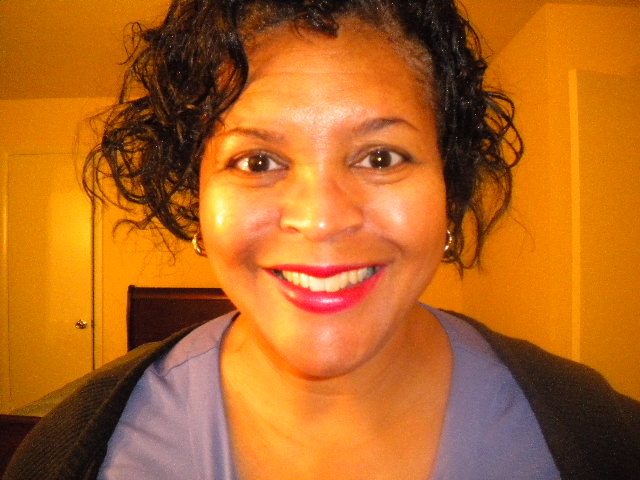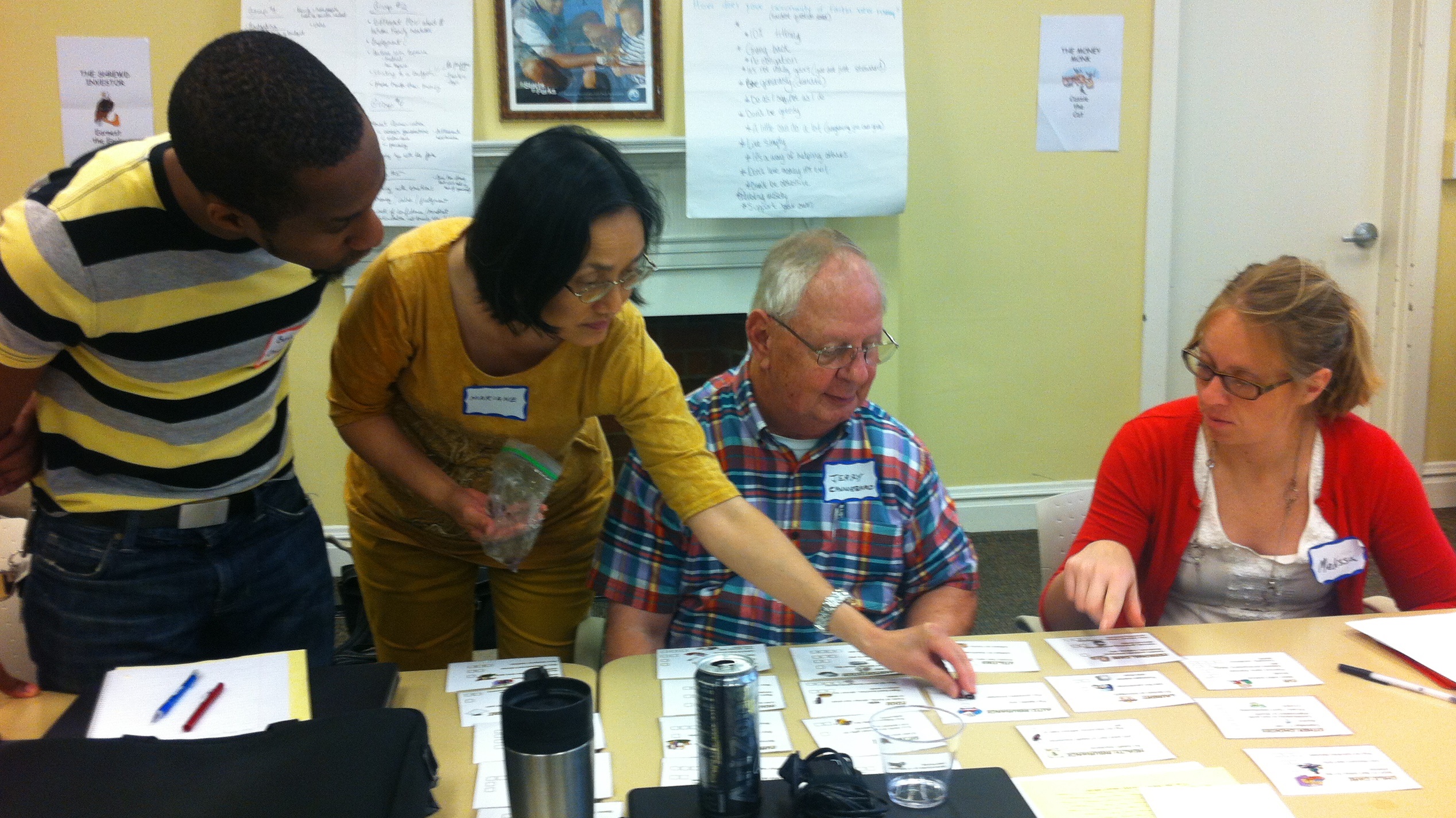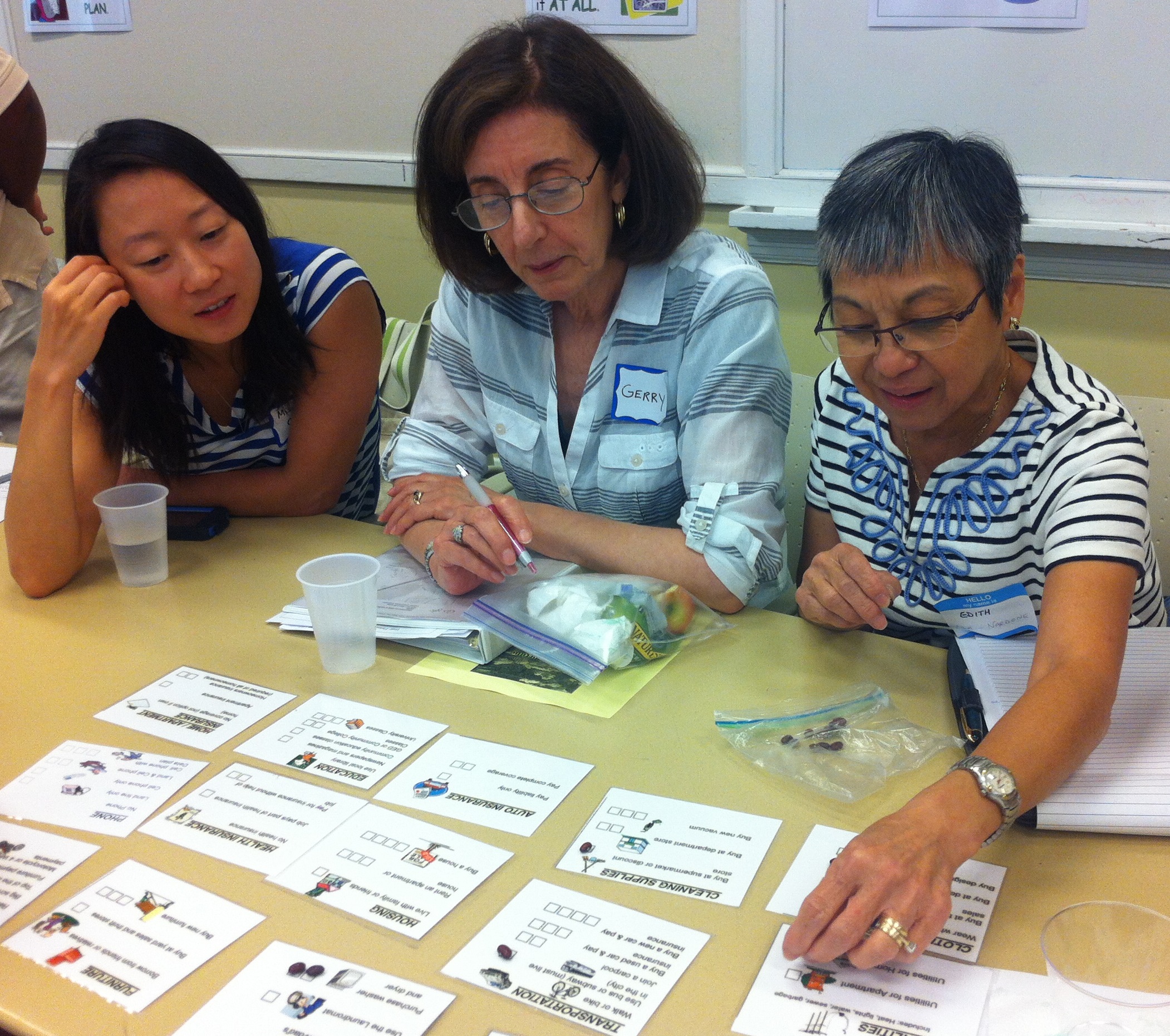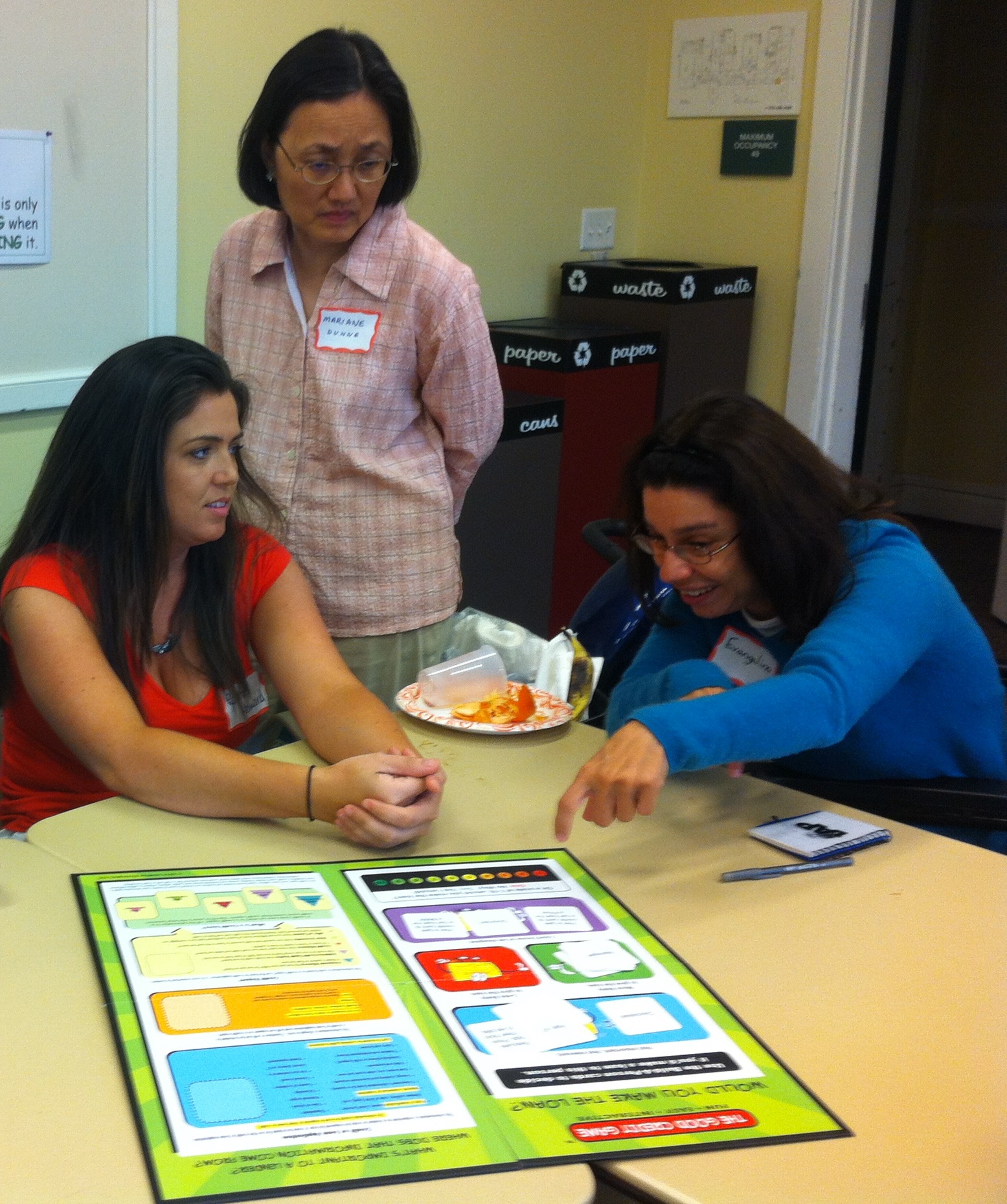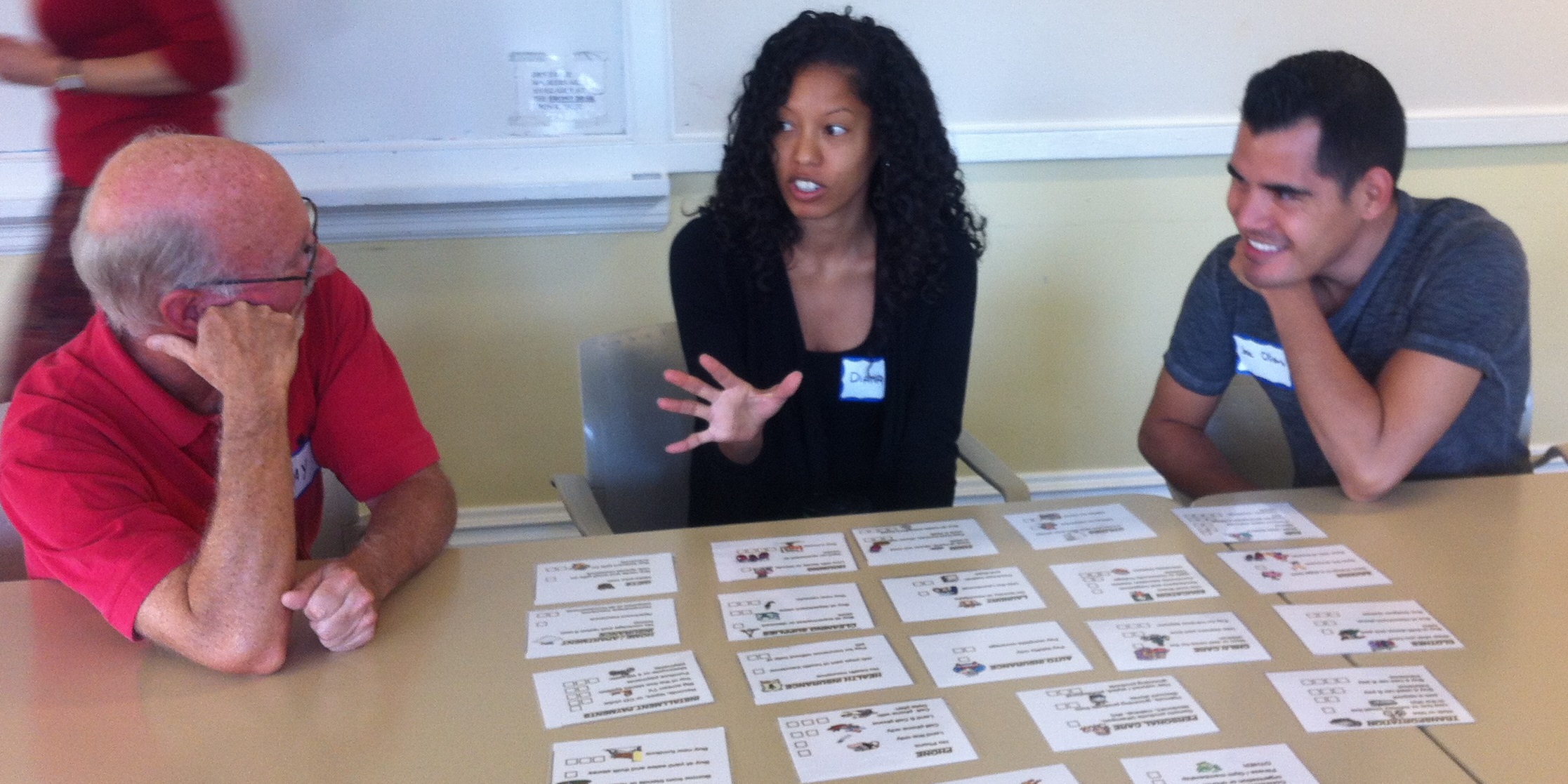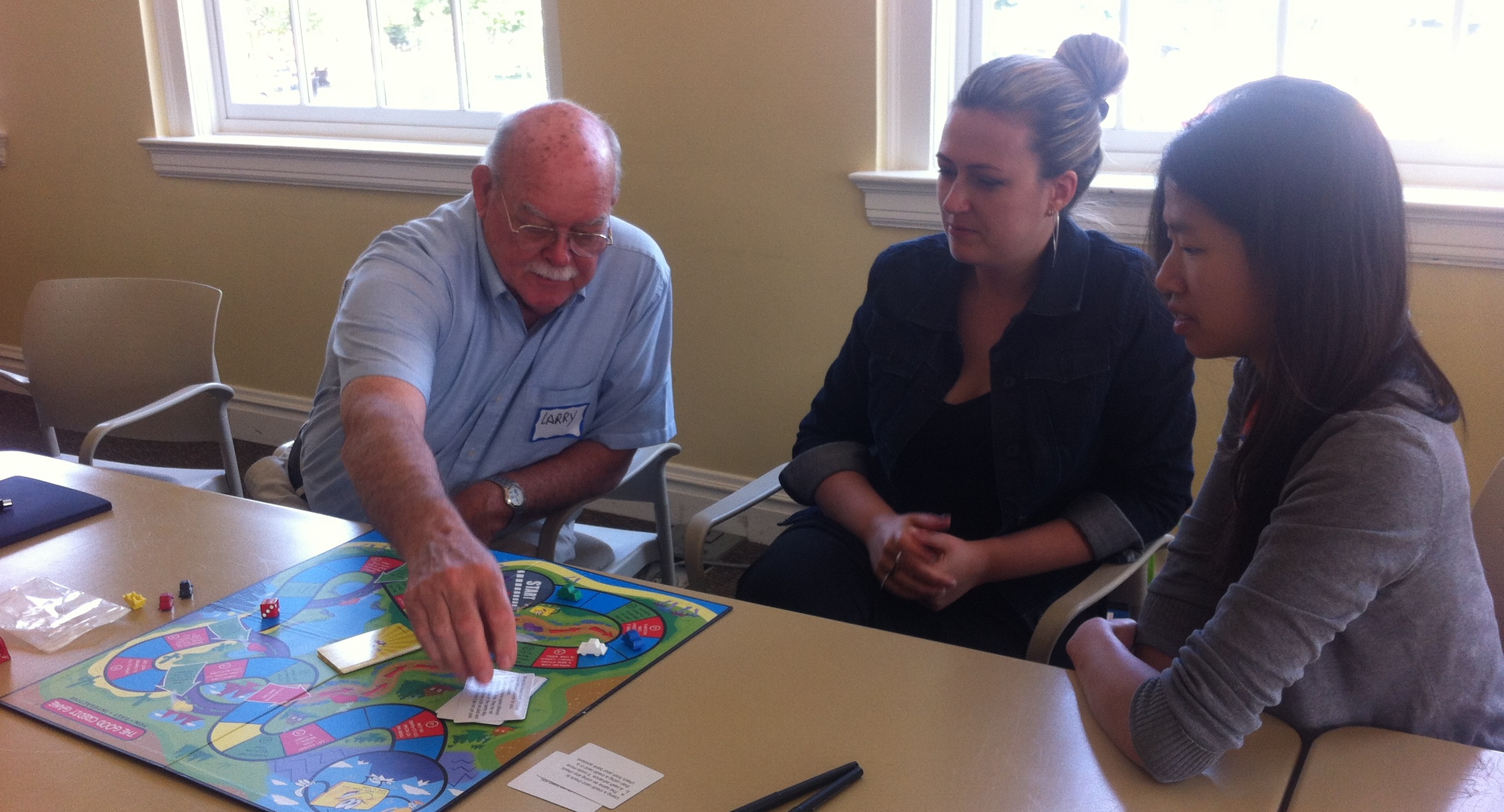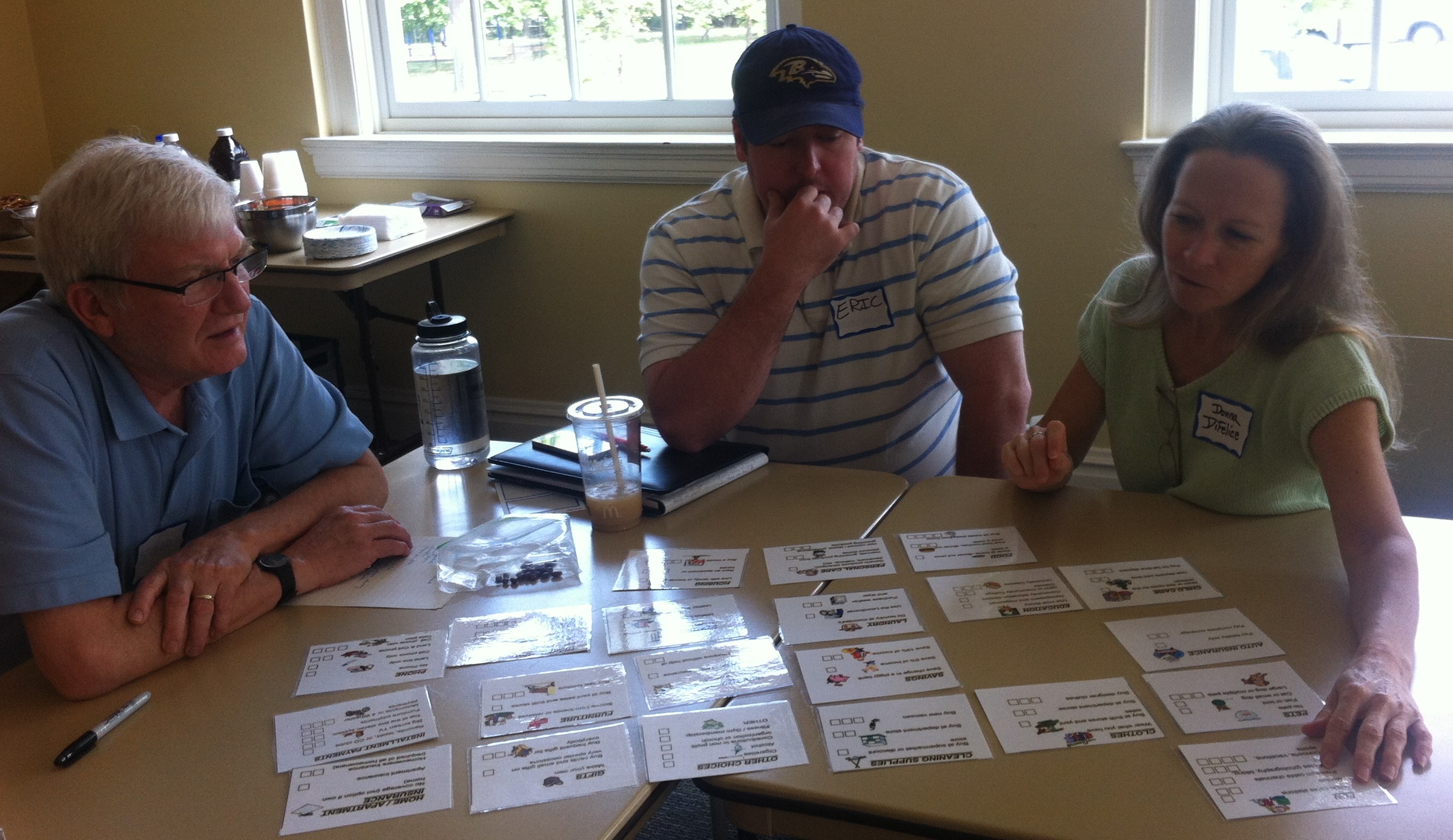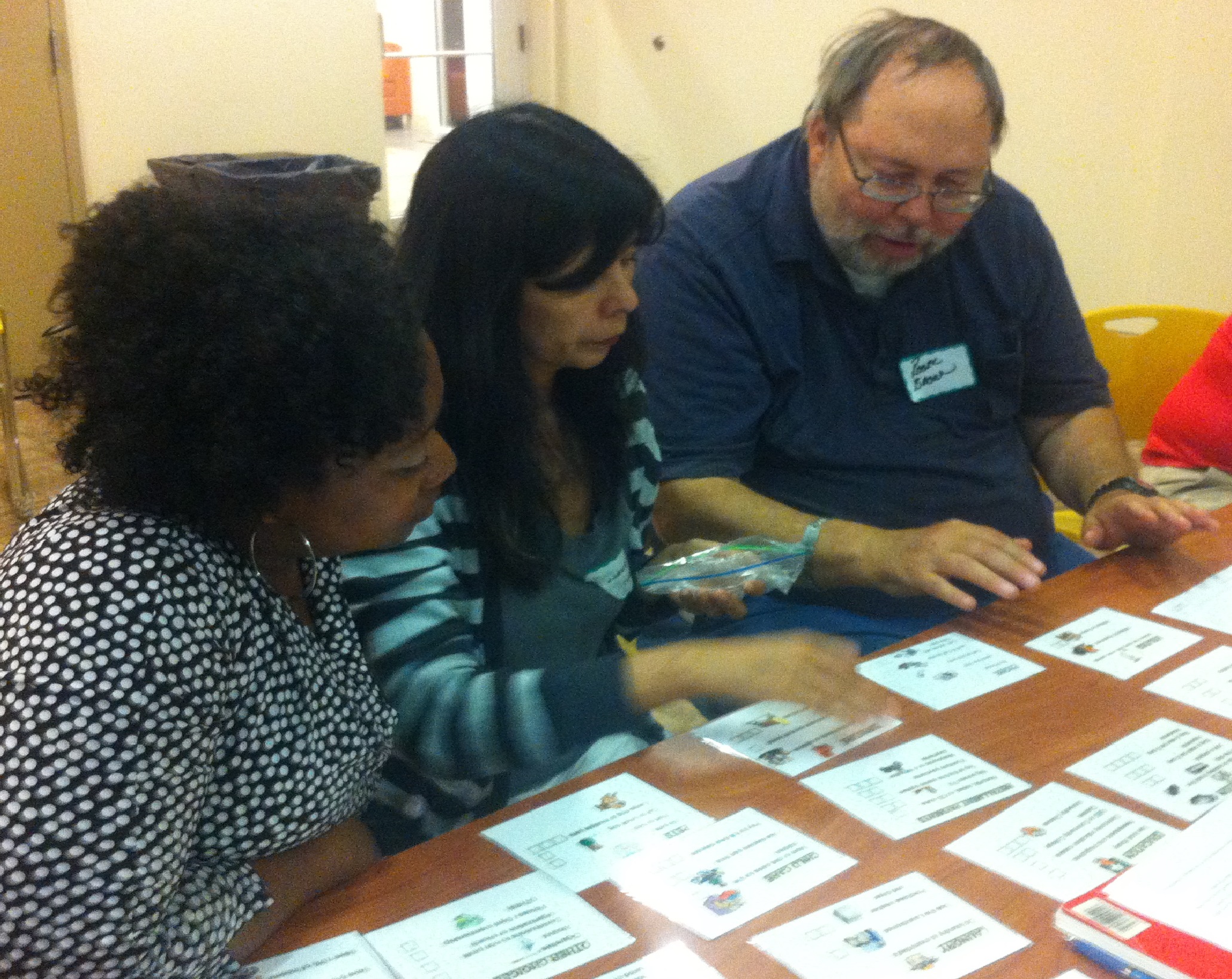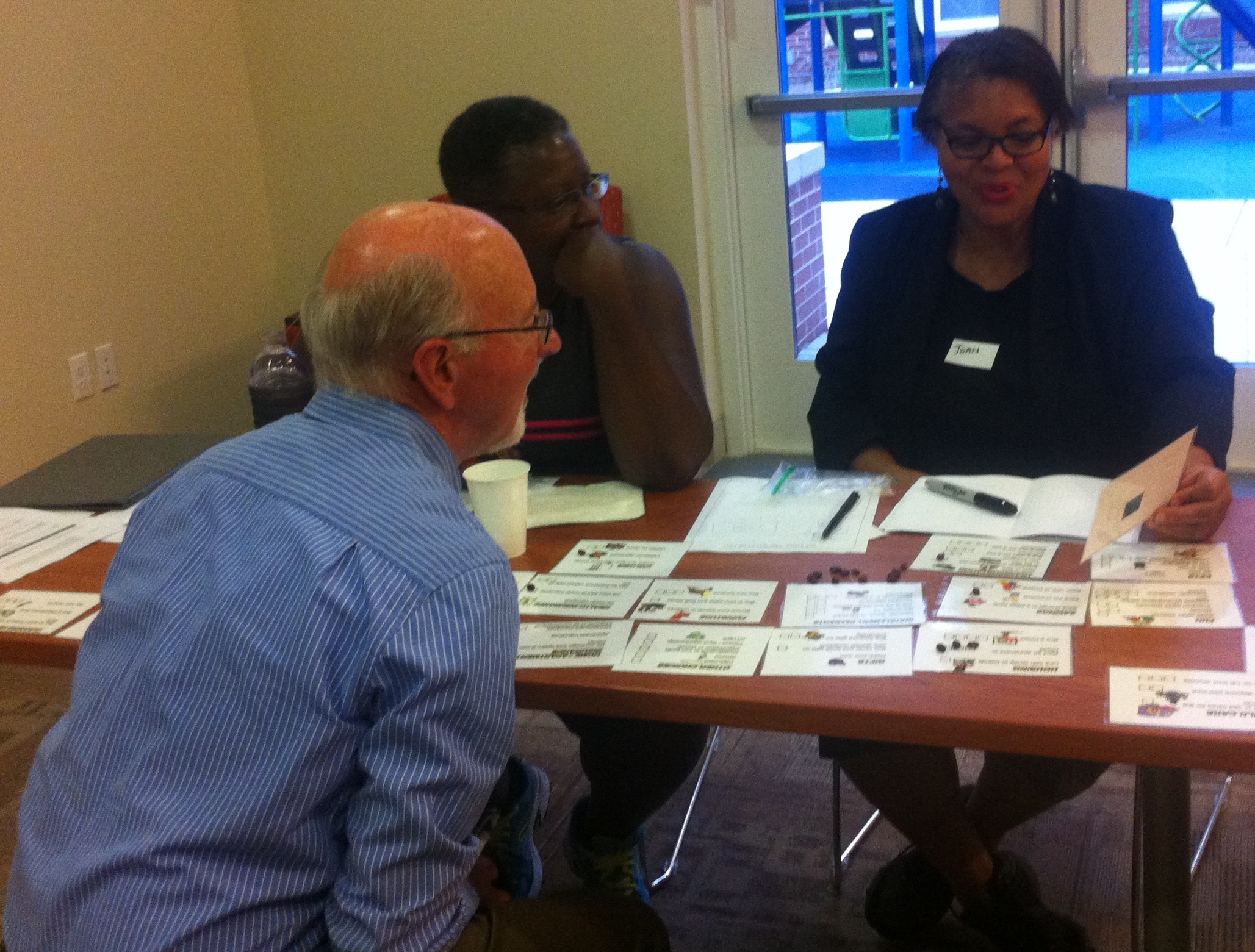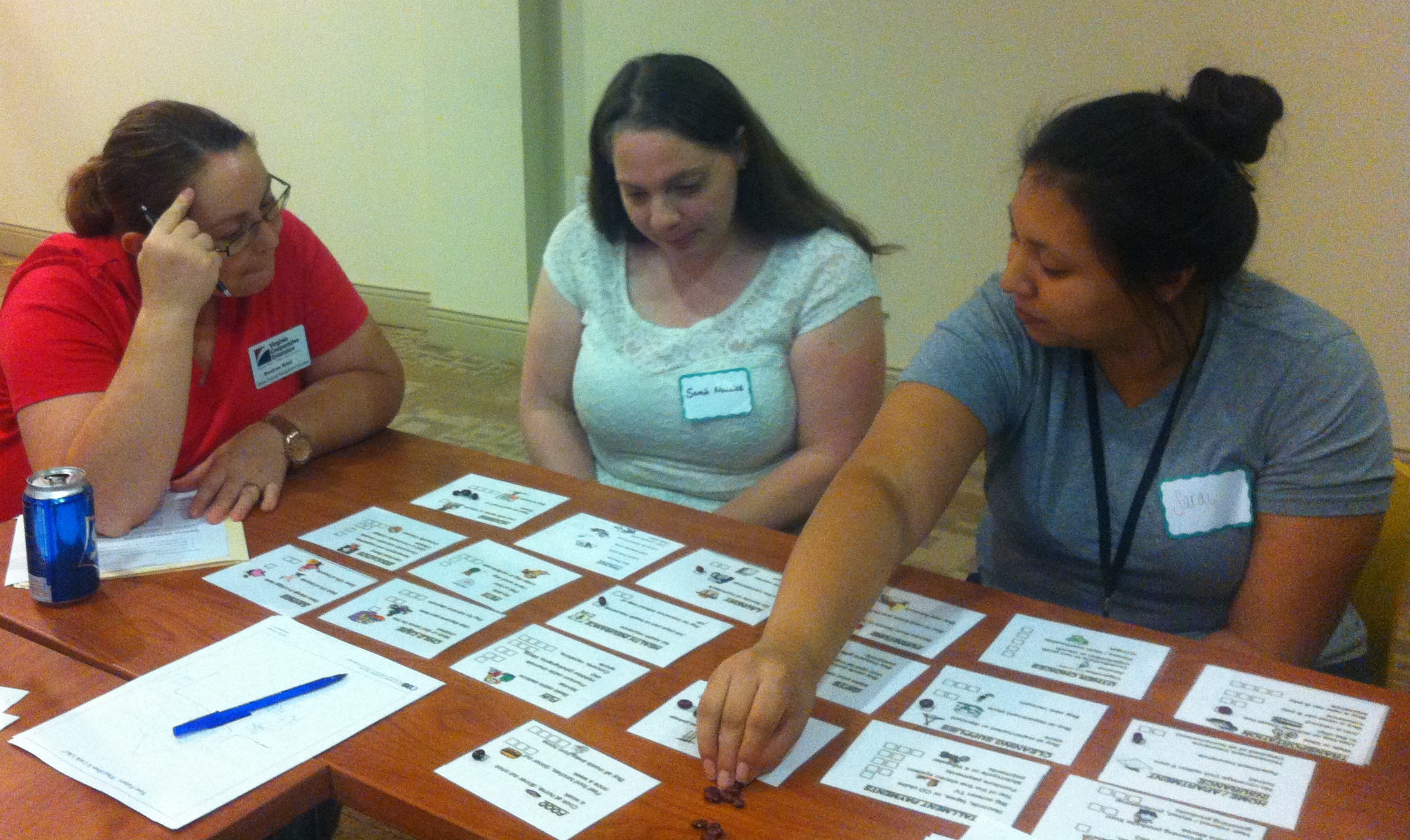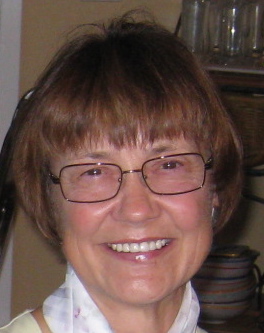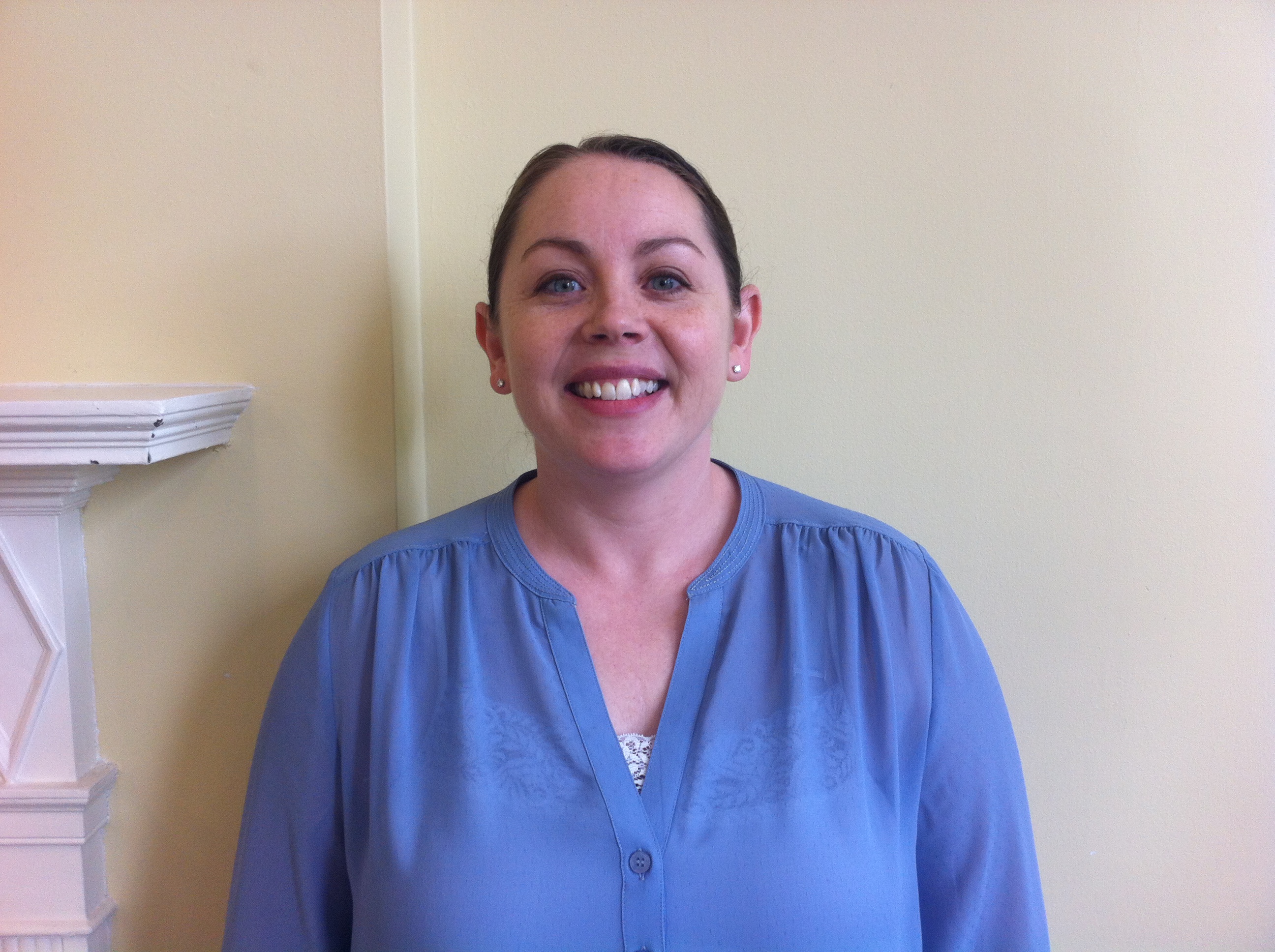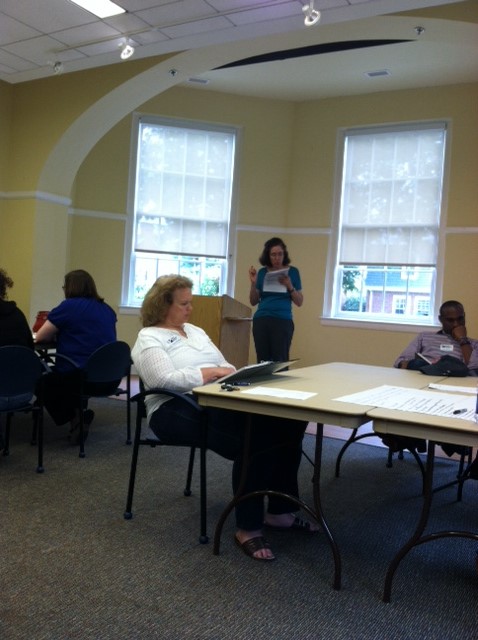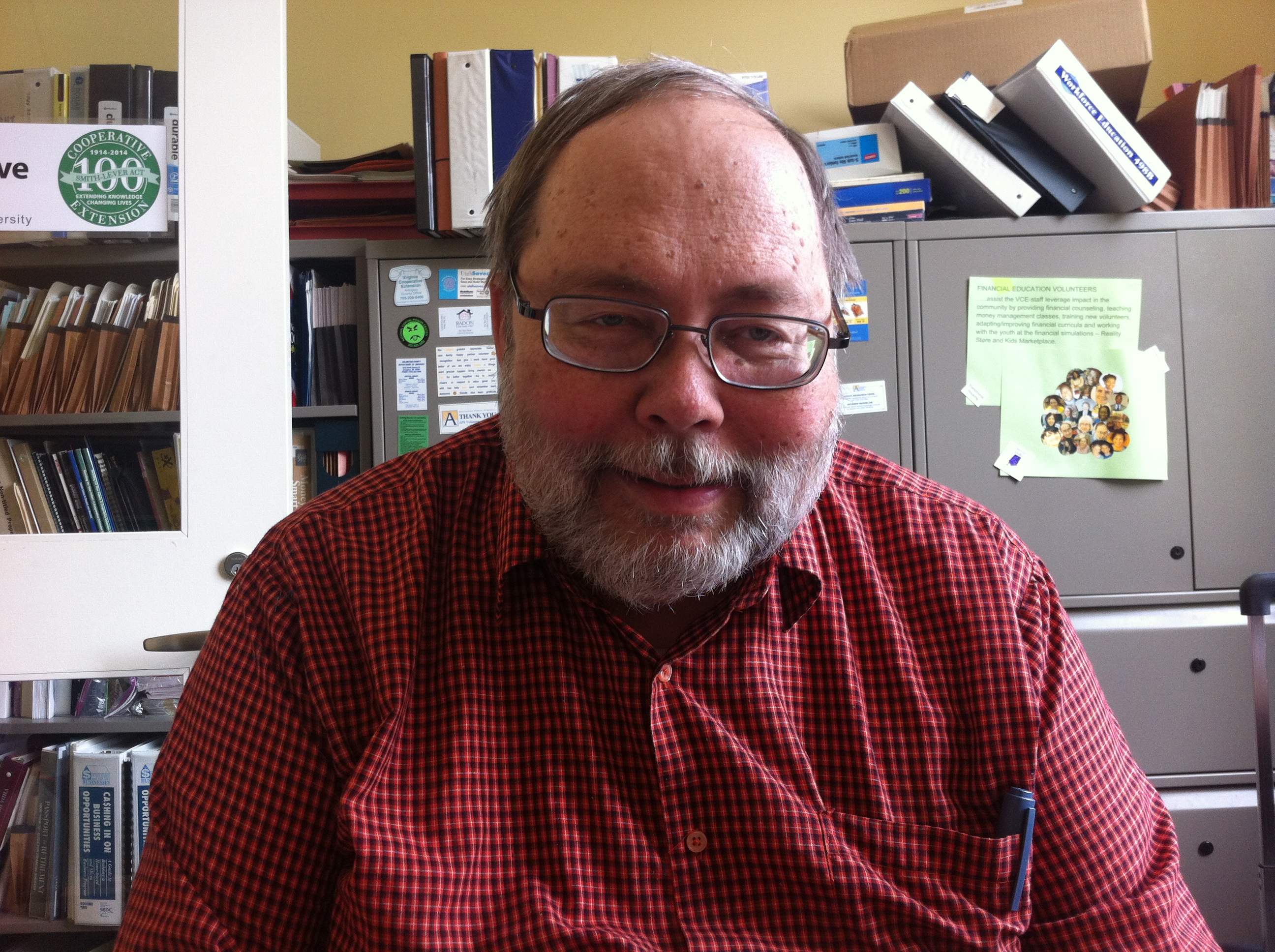Each month Extension’s financial education program is profiling an outstanding volunteer. To nominate someone, please email Megan Kuhn at Megan.Kuhn@vt.edu.
Name: Joan Smith
Lives: Suitland, Maryland
Works: Arlington County Government
Joan Smith has served as a Master Financial Education Volunteer since April 2012. She recently taught a money management class at Alexandria Community Shelter, an emergency shelter near Old Town.
Q. What is something people would be surprised to learn about you?
A. That I’m an Extension volunteer not just with financial literacy but 4-H in Arlington and Fairfax County.
Q. Were you in 4-H growing up?
A. No, I was a Campfire Girl.
Q. What’s your favorite thing to save for?
A. An emergency. I’ve had emergencies and wasn’t prepared. I had to use a credit card, or there was something I had to hold off on. I’ve made saving for an emergency a priority. We can’t control things, but it is good to try to be somewhat prepared.
Q. What’s your favorite splurge?
A. Chocolate ice cream and fabric.
Q. How did you become interested in financial literacy?
A. When I lived out of state, I used a credit counselor. Most of my financial trouble came through layoffs. I was drawing unemployment, but it cannot pay for everything.
My personal experience propelled me to volunteer. I saw a lot of misinformation. People not knowing they can dispute things. Not knowing they can get a free credit report. Not knowing their rights when debt collectors harass you.
Q. How do you help a client who is juggling multiple financial challenges at once?
A. My approach when they have a half dozen things going on is to listen first. Then I tell them they did the right thing to attend counseling.
We take one situation at a time. Try to tackle something that has a quick result. When the client sees something small happen, that will encourage them to keep going.
Q. We have a new crop of volunteers who underwent training in September. What advice do you have for them?
A. Whatever volunteer event they do, pair up with a seasoned volunteer. Ask questions. Exchange emails with other volunteers. I learn all the time from other volunteers.
Try different things. That’s how you’ll know what may be a good niche for you. Some prefer one-on-one counselling. Some prefer money management classes at the shelter. Some prefer Kids’ Marketplace. I know a volunteer who prefers one-on-one counseling with the elderly because that is her age group.

